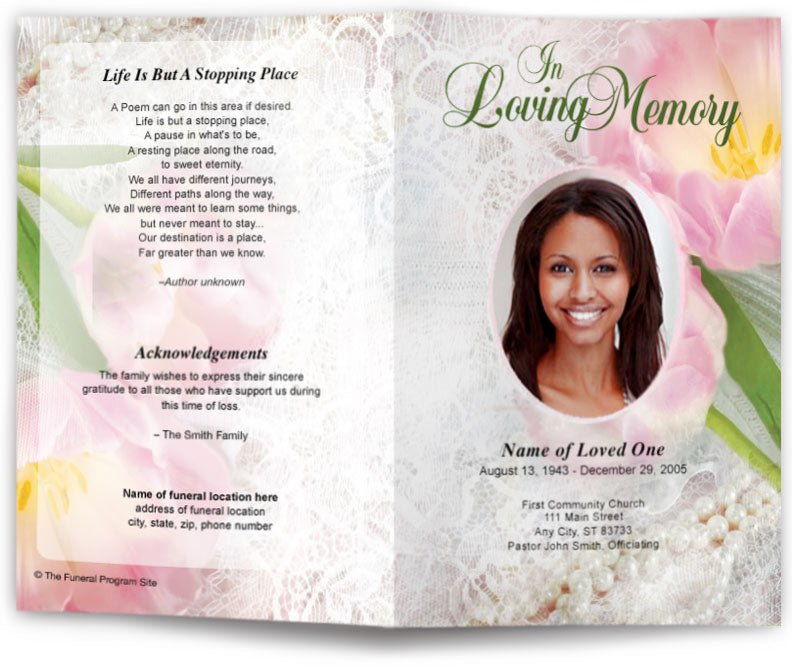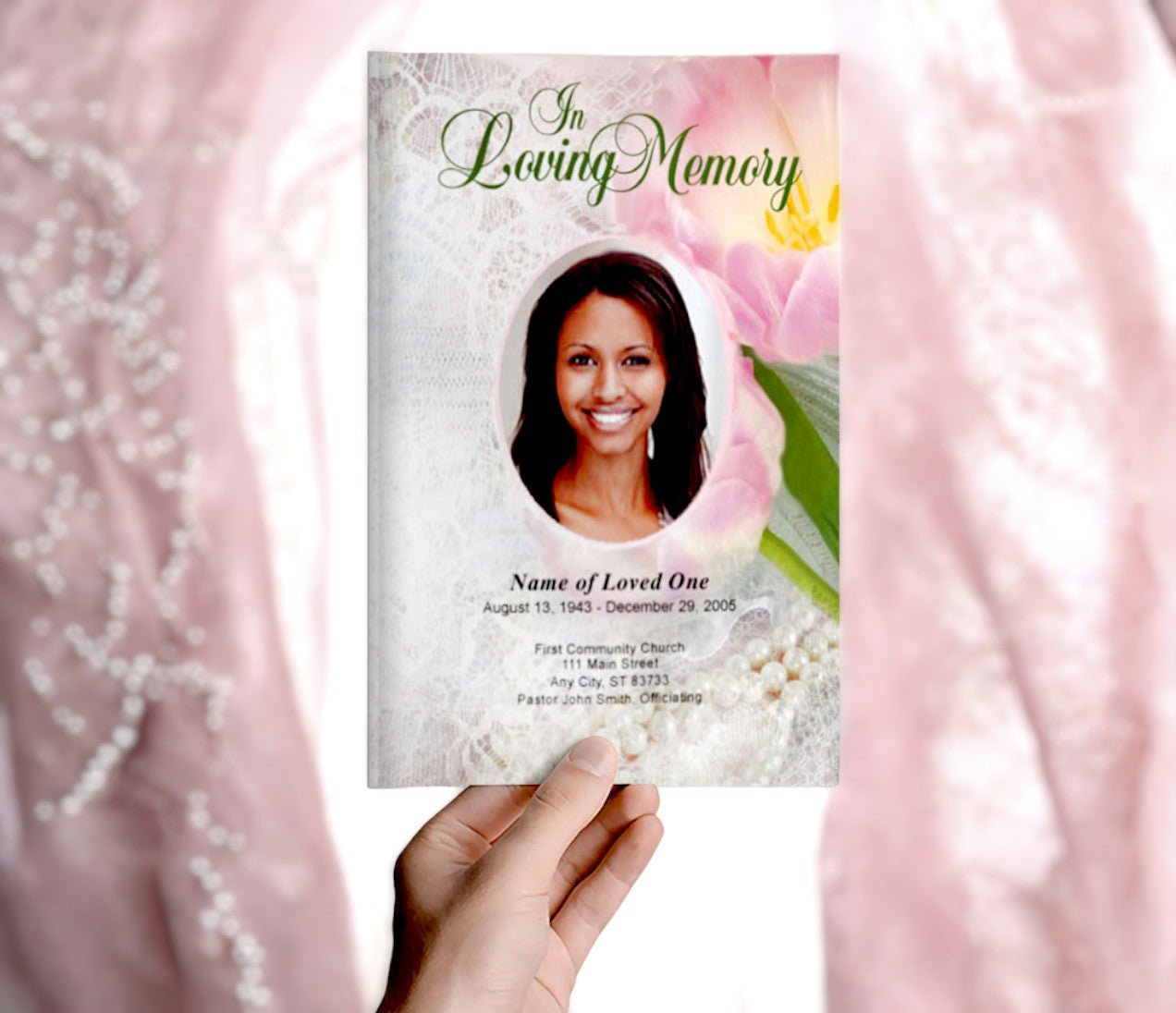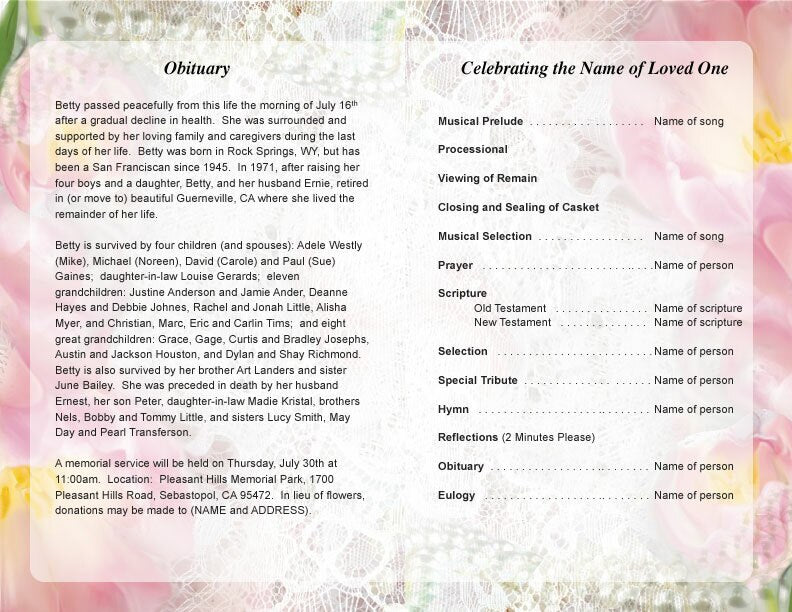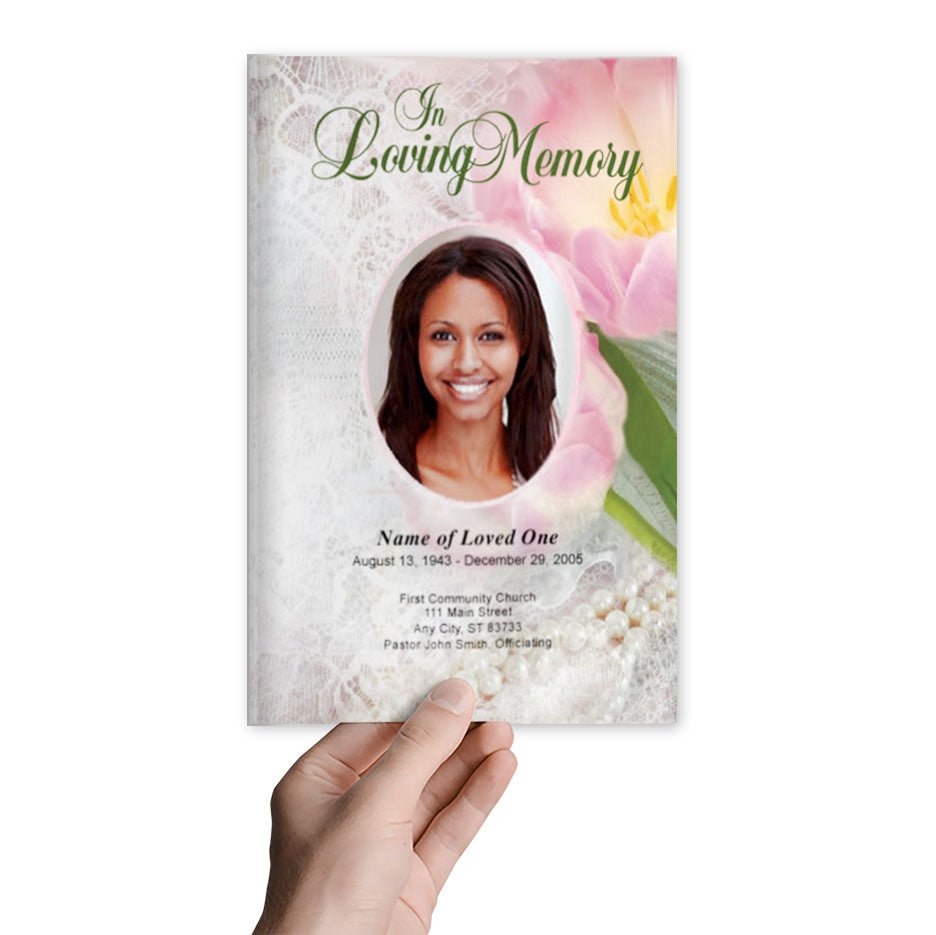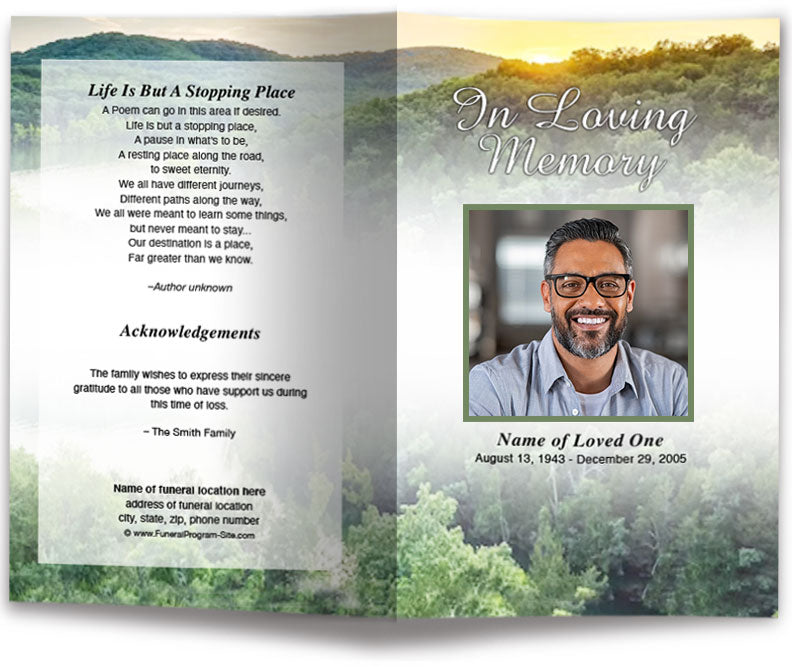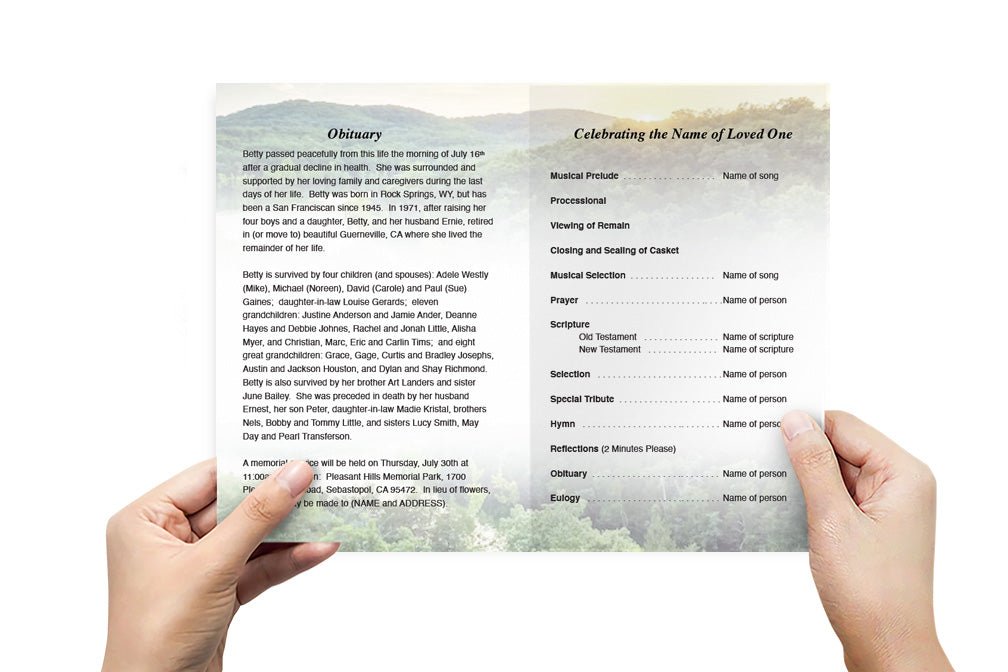Can ChatGPT Write A Funeral Program For Me?

As grief settles in, even basic tasks—like crafting a funeral program—can feel overwhelming. These programs, whether printed or digital, guide attendees through the service, share stories, and become cherished keepsakes. But can AI, especially ChatGPT, really write a thoughtful funeral program? The answer is yes—and no. AI offers invaluable support, but human care remains essential.
How ChatGPT Helps with Funeral Programs
ChatGPT excels at generating structured text based on prompts. If you provide key details—such as the loved one’s name, birth and death dates, major life events, hobbies, career highlights, and tone preferences—it can produce draft content including:
-
A respectful obituary or biography
-
An order of service layout (e.g., songs, readings, speakers)
-
Thank-you messages for attendees and supporters
-
Suggested poems, prayers, or scriptures
-
Photo slide captions or memorial notes
Designed for speed and structure, ChatGPT effectively tackles writer’s block—providing polished prose tailored to your input. It’s particularly useful during tight timelines or when emotions make writing difficult.
Real-World Use Cases
Funeral professionals are already using AI this way. Funeral homes leverage ChatGPT to streamline obituary creation, maintain consistent tone, and free up staff for other tasks. As more families embrace digital tools, users find AI-generated obituaries to be helpful starting points—even if they require personal refinement.
AI-driven funeral platforms also provide template-backed forms: users enter names, dates, relationships, and interests before receiving formatted text and design-ready content .
Advantages of Using ChatGPT
-
Efficiency – Completes first drafts in seconds, saving time and stress.
-
Affordability – Many tools are free or subscription-based, versus costly professional help.
-
Tone Control – You can instruct ChatGPT to write with solemnity, warmth, celebration, or spirituality.
-
Guidance – It acts like a writing coach—offering structure, phrasing suggestions, and coverage for each section.
-
Brainstorming – AI can surface poems, readings, or service ideas you may have missed
Important Limitations
-
Emotional nuance – AI doesn’t truly feel—its output can sound formulaic without personal input.
-
Factual accuracy – ChatGPT may “hallucinate” details; facts must be verified carefully Generic tone – A fully bot‑written program risks sounding insincere; personalization is key.
-
Perception concerns – Some people fear AI‑generated tribute content lacks authenticity
Reddit conversations reflect this tension—users appreciate AI’s help in grief yet worry about losing personal resonance.
Best Practices for Using ChatGPT
-
Provide rich input – More detailed prompts yield more authentic drafts.
-
Edit thoroughly – Always revise the AI’s text to add personal anecdotes, phrases, and emotional detail.
-
Verify every detail – Check names, dates, roles, and events for accuracy.
-
Declare sensitivity – You might say privately that AI helped, but avoid presenting it as fully original from you.
-
Blend voices – Combine AI structure with family quotes, inside stories, and handwritten notes to maintain intimacy.
Step‑by‑Step: Creating a Funeral Program with ChatGPT
-
Gather Info – Write down birth/death dates, key life events, values, relationships, and tone preference.
-
Draft with AI – Use prompts like:
“Write a 200-word obituary for Jane Doe, born 1945, passed 2025. She was a gardener, community volunteer, devoted mother of three, loved classical music.” -
Edit & Enrich – Adjust phrasing, add personal stories (“her award‑winning iris garden”), refine tone, and catch factual errors.
-
Generate Program Layout – Ask:
“Create a funeral program order of service with Opening Song, Reading, Eulogy speaker, Poem, and Closing Music.” -
Merge & Format – Paste text blocks into a design tool (Canva, Word, InDesign) or use an AI-assisted template.
-
Finalize & Print/Share – Proof, export hi-res PDFs or digital files, and distribute to printers or upload as digital keepsakes.
Conclusion: AI as Assistant, Not Replacement
Yes—ChatGPT can help write meaningful funeral program content. It’s fast, structured, and effective for families under time or emotional strain. But AI should serve as a starting point, not the sole author. Ultimately, the warmth and authenticity of a funeral program come from human hearts.
By guiding and editing AI-generated text, and weaving in personal memories and nuances, families strike the perfect balance—combining modern efficiency with human love.










